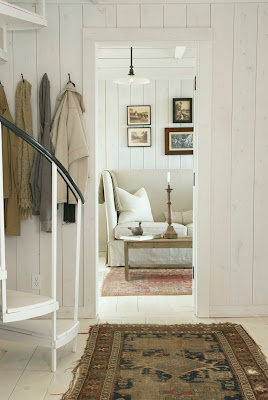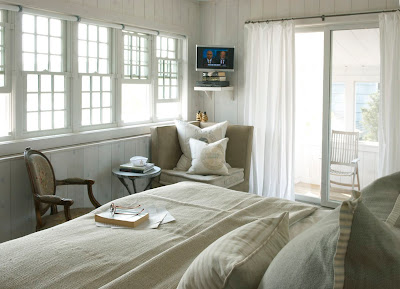Are your bathroom wall tiles rather dated? Does your shower cubicle lack sparkle? Grubby grout lines in your kitchen? In these credit crunchy times you can still decorate with ease when you “do it yourself”.
Plastic wall tile panels offer a quick and easy solution to your tiling problems.
You don’t have to chip off your old ceramic wall tiles or call in a professional tiler.
Plastic tile panels can quickly cover whole wall areas. They can be cut with scissors or a craft knife to go around sink fittings or sockets giving a very professional finish.
Plastic tile panels offer a hard, glazed surface with fully glazed edges providing a neat finish to walls and window sills; they can even be bent around outside corners. The high gloss finish of some tiles come in a range of colours – plain, marble, metallic and stone
effects which complement all of the current bathroom and kitchen trends. They are easy to clean – simply wipe them with a damp cloth or you can use warm water with soap / a detergent, then rinse and wipe dry. No scouring powders or any other abrasives should ever be used on plastic.
These tiles are usually made of polystyrene or vinyl plastic, sold under many brand names. Polystyrene plastic (such as Bakelite polystyrene, Catalin Luxtred, Plexon M, Styron) is not damaged by water, oil, alcohol, vinegar, or the usual household acids. Cleaning fluids, gasoline, nail polish and polish remover, and oil from lemon / orange peel will damage them. Vinyl plastic (such as Vinylite, Saran, Geon, Marvinol, Ultron, and Monsanto vinyl butryol) is tough. Ordinary household chemicals will not harm them and they resist damage from acid, alcohol, food, ink, and dirt; but be careful not to spatter them with moth preparations. Too much heat will softens most plastic so be careful in placing near a heater or oven.
Plastic wall tiles' insulating backing reduces both condensation and mould growth.
Plastic wall tiles were also used to cover over unsightly plastered or damaged walls.
The tile panels are fixed into place with adhesive and they can then be grouted with a flexible grout and sealer. The job requires no specialist equipment – just a ruler and scissors or craft knife. Are you ready to DIY?
Because the tiles are light weight and flexible they are ideal for boats and caravans where there may be some movement on the walls, and they mould over slightly uneven wall surfaces in the home too.
Small sink splash backs in cloakrooms, baby changing areas, utility rooms and en suites can all be tiled with the panels. Once on the wall they are durable and rigid just like ceramics
If you want a ceiling that lasts for a long time, you can use plastic ceiling tiles. Plastic ceiling tiles are great for added insulation. You may find that your energy consumption decreases considerably when you install them. Plastic is commonly used for insulating windows and doors. So, it can do wonders on ceilings as well.
When choosing tiles, it is important to remember that glazed ceramic wall tiles in kitchens and bathrooms can be particularly difficult to paint due to their very smooth, non-porous surface.
Considering materials, labour and finish, plastic wall tiles are are less expensive than other alternatives.
You can go to your nearest DIY shop for advice on plastic tiling. The major UK DIY stores are Focus DIY, Wickes etc. It may be cheaper to buy plastic wall tiles online.







 Here is a lovely home in
Here is a lovely home in 






